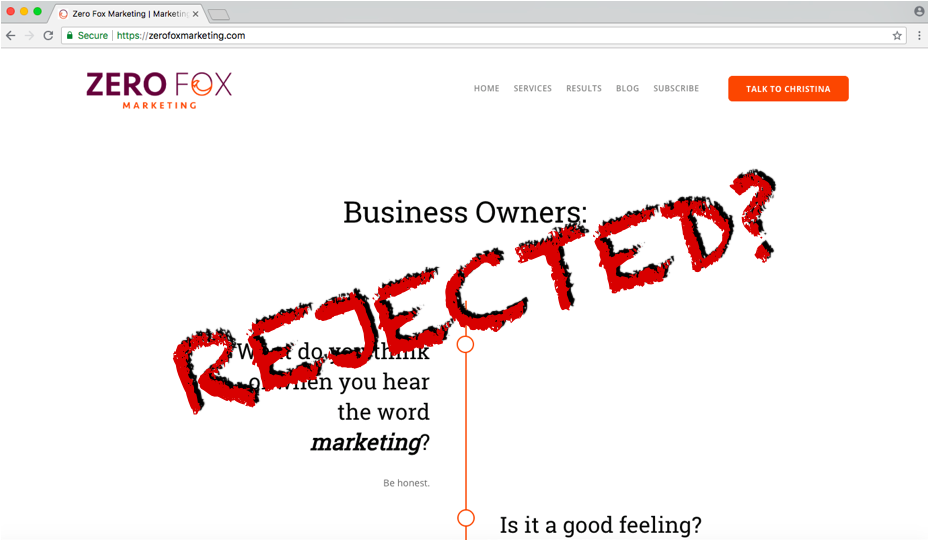If you have an email address, you’ve likely gotten several emails over the past month from large companies that are updating their privacy policies.
If you use Google products or services like Mailchimp, you’ve also gotten a lot of emails about privacy lately.
You’re getting them because the GDPR (regulations about privacy and data protection for citizens of the European Union) is about to become fully enforceable on May 25, 2018.
I’m not even going to attempt to explain the GDPR, the related and so-called “Cookie Law,” and other regulations, mainly because:
- I’m not a lawyer.
- There is no #2. I’m not a lawyer, and therefore I’m not qualified to speak definitively about this stuff.
Privacy laws differ based on where your company is located and whose data you process. But, it is important to note that if you use a third-party software on your site that collects user data (i.e. Google Analytics), you likely accepted terms and conditions that call for items like a privacy policy on your site when you set up the account.
 I use iubenda on my own own website (please note: that link is my referral code if you decide to use the service). It helps companies generate privacy policies based on the the details of their business, the functions their websites perform, the softwares they use, etc. They also have guides on the GDPR to help determine what applies to your company, plus some other tools for compliance.
I use iubenda on my own own website (please note: that link is my referral code if you decide to use the service). It helps companies generate privacy policies based on the the details of their business, the functions their websites perform, the softwares they use, etc. They also have guides on the GDPR to help determine what applies to your company, plus some other tools for compliance.
I’ve also had clients who have used lawyers and/or specialists to craft their privacy policies.
Considering and acting on these issues is not fun, but it is a byproduct of doing business in the digital age. Again, I’m not qualified to speak definitely on this topic, but I’d be remiss if I didn’t mention it.


About The Author: Christina Ousouljoglou
I'm a results-focused, data driven go-getter. I help clients turn marketing headaches into understandable business strategies that work.
More posts by Christina Ousouljoglou